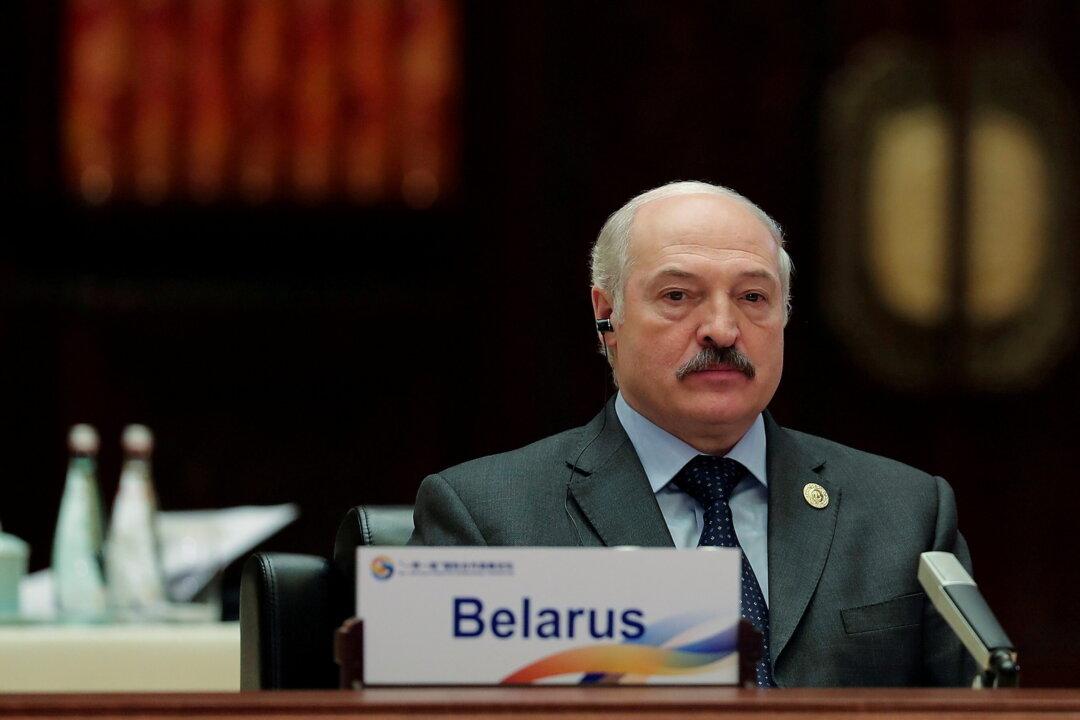President Joe Biden on Monday signed an executive order imposing new sanctions against Belarusian leader Alexander Lukashenko, who has been president of the former Soviet republic since 1994.
The Biden administration made the announcement on the date marking the first anniversary of Lukashenko’s reelection, which was widely seen as fraudulent and sparked nationwide protests. Lukashenko responded to the unrest with a harsh crackdown, during which many of his critics and political opponents were arrested or fled the country.





